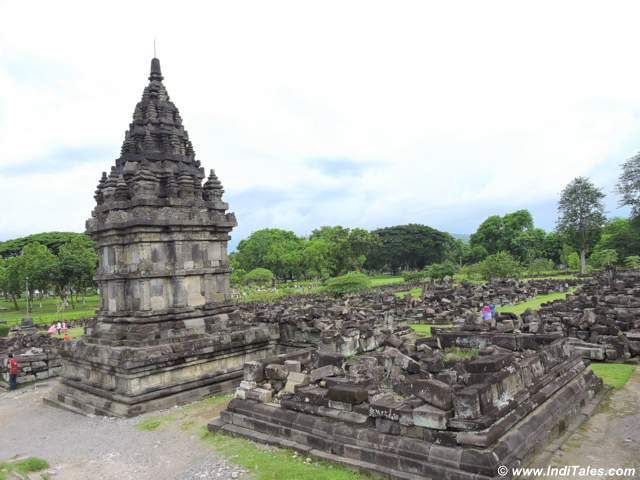Bhismaknagar Temple
Ancient Heritage of Arunachal
An ancient fort and cultural landmark blending history, mythology, and local traditions.
Explore NowIntroduction
The Bhismaknagar Temple Complex, located in Roing, Lower Dibang Valley of Arunachal Pradesh, is one of the most significant archaeological and cultural heritage sites in Northeast India. Believed to date back to the 8th century AD, this site blends history, mythology, and spirituality.
Associated with the legend of Rukmini, the daughter of Bhismak from the Mahabharata, Bhismaknagar stands as a testimony to the region’s ancient civilization and cultural exchanges. Today, its ruins—fort walls, temple structures, and artifacts—offer travelers a glimpse into a glorious past while showcasing the depth of Arunachal Pradesh’s heritage.
Highlights of Bhismaknagar Temple Complex
- ✓Ancient archaeological site dating back over 1,200 years.
- ✓Associated with Mahabharata legends of Rukmini and Krishna.
- ✓Features fort walls, temples, and intricate stone carvings.
- ✓Rich repository of artifacts like terracotta, pottery, and sculptures.
- ✓Important cultural landmark for both history lovers and pilgrims.
- ✓Scenic surroundings of Lower Dibang Valley enhance the experience.

Mythology & Legends
Bhismaknagar’s history is steeped in Hindu mythology. It is believed to have been the capital of King Bhismak, whose daughter Rukmini married Lord Krishna. The site thus holds deep spiritual significance and is revered by devotees.
Legends say Rukmini was born here, and many pilgrims associate the ruins with divine blessings. This sacred connection makes Bhismaknagar a cultural bridge between Arunachal Pradesh and the wider Indic civilization, highlighting the mythological ties of Northeast India with the epics.
Archaeological Significance
Excavations at Bhismaknagar reveal a sprawling fortified city complex spread across 10 square kilometers. The site contains:
- Fort walls and gateways made of stone and bricks.
- Temple ruins showcasing early architectural styles.
- Artifacts such as terracotta figurines, pottery, and decorative tiles.
These discoveries suggest Bhismaknagar was not just a spiritual site but also a flourishing urban center in its time. Historians consider it one of the oldest documented settlements in Arunachal Pradesh, reflecting both local traditions and broader cultural influences.
Travel Experience & Local Culture
Visiting Bhismaknagar is like stepping back into history. The serene atmosphere, surrounded by the green valleys of Roing, makes it a peaceful destination for reflection and exploration.
Travelers can combine their visit with nearby attractions such as the Dibang Valley landscapes, tribal villages, and local markets. Engaging with the Idu Mishmi community, known for their rich traditions and crafts, further enhances the cultural experience. For heritage seekers, Bhismaknagar offers both spiritual depth and archaeological intrigue.
FAQs about Bhismaknagar Temple Complex
Bhismaknagar is located near Roing in Lower Dibang Valley, Arunachal Pradesh.
It is significant for its archaeological ruins, Mahabharata legends, and cultural heritage, making it one of Arunachal’s oldest settlements.
The ideal time to visit is from October to April, when the weather is pleasant for sightseeing.
Visitors can explore fort walls, temple ruins, stone carvings, terracotta figurines, and pottery artifacts.
The nearest town is Roing, accessible by road from Dibrugarh or Tinsukia (Assam). The closest airport is Dibrugarh Airport.
Yes, it is revered by devotees due to its association with King Bhismak and Rukmini’s legend from the Mahabharata.
Closing Call-to-Action
The Bhismaknagar Temple Complex is more than an archaeological site—it is a living symbol of Arunachal Pradesh’s history, mythology, and culture. Whether you are a devotee seeking spiritual connection, a history enthusiast exploring ancient ruins, or a traveler seeking authentic cultural experiences, Bhismaknagar promises a journey into the past unlike any other.
At Welcome Arunachal, we invite you to walk through these timeless ruins, hear the echoes of legends, and immerse yourself in the beauty of the Lower Dibang Valley.
Plan Your Journey